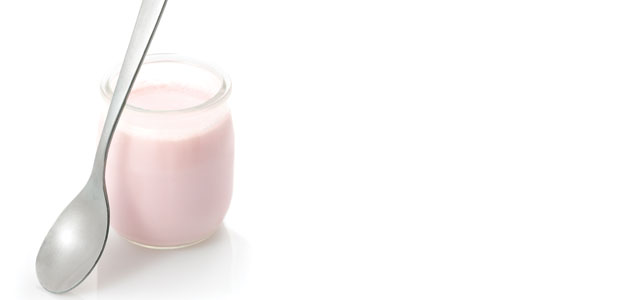Advertisement
Probiotics
Small but mighty workers

There is a newfound interest in probiotics, and food companies haven’t missed a beat. They have put these latest nutritional money-makers into flavoured sticks, special drinks, yogourts, cheese, and anything else you can put a bite on.
The word probiotic comes from the Greek: “pro” meaning promoting and “biotic” meaning life. Probiotics are dietary supplements that contain bacteria that are naturally occurring in the human intestine and are beneficial to health.
Hard Workers
These good bacteria colonize our intestinal tracts and play key roles in maintaining nutritional status:
- Affecting immune function
- Reducing cancer risk
- Improving cholesterol metabolism
- Reducing toxic load and the aging process
Some might argue that this gives probiotics more credit than they deserve, but research seems to be supporting these very claims.
To understand why probiotics have such an impact on human health, we need to realize that a well-balanced digestive system is a critical component of a healthy body. Food is broken down in the stomach, digested in the small intestine, and then absorbed into the bloodstream for utilization throughout the body.
An imbalance of beneficial bacteria in the digestive tract can disrupt this process, leading to problems that span from acute but minor to serious and chronic.
Bacterial Challenges
The damage begins with impaired digestion that leads to a reduction in beneficial bacteria. This culminates in injuries to the mucosal gut barrier, with the gut lining becoming porous (leaky gut), which eventually allows large molecules to enter the circulation and cause autoimmune reactions.
Damage can also occur with the use of antibiotics. For example, some women placed on antibiotics may develop yeast infections. This is because antibiotics not only get rid of the bad bugs, but also eliminate the beneficial bacteria in the digestive tract. The result is an imbalance of micro-organisms that allows the proliferation of yeast and other not-so-good bugs.
Achieving Balance
New research is revealing that the population of good bacteria in our digestive tract is often not large enough for optimal health. The best way to ensure optimal levels of probiotics and prevent digestive problems is to take them as supplements.
Although the popularity of probiotics has increased over the last decade, there is still some confusion about what kinds of bacteria we should take and in what dosages. Although there are at least 400 different species of microflora that colonize our gut, the most important strains of healthy bacteria are Lactobacillus and Bifidobacterium.
Dosage
Probiotics replicate themselves rapidly when they get into the digestive tract, so counts from 1 to 10 billion are ample.
Stability
More important than label dosage is stability of the probiotic and its ability to bypass the stomach acid. A recent scientific evaluation of probiotic supplements found that most of them contained 50 percent fewer living bacteria than claimed on their labels.
Efficacy
When researchers simulated the acid stomach environment, they found that regular capsule and liquid products provided only 10 percent of the living bacteria claimed on the manufacturer’s label.
When choosing probiotics, look for stability as well as ability to bypass stomach acid in order to get to the targeted area. Getting viable probiotics to the right places will be the determining factor in their success.
Getting the Right Dosage
Many foods such as yogourt, kefir, miso, tempeh and some milk, juice, and soy either already contain friendly bacteria or have probiotics added. However, to receive a consistent and easily measurable dosage, supplements are best.
For general health promotion and maintenance, adults should choose a supplement containing two to 10 billion active cultures. Taking a probiotics supplement in addition to eating foods that contain the friendly bacteria is perfectly acceptable for healthy adults. Daily doses in the hundreds of billions have been given to adults with specific health complaints without adverse effect.
For young children and infants, consult with your health care provider for appropriate recommendations.




